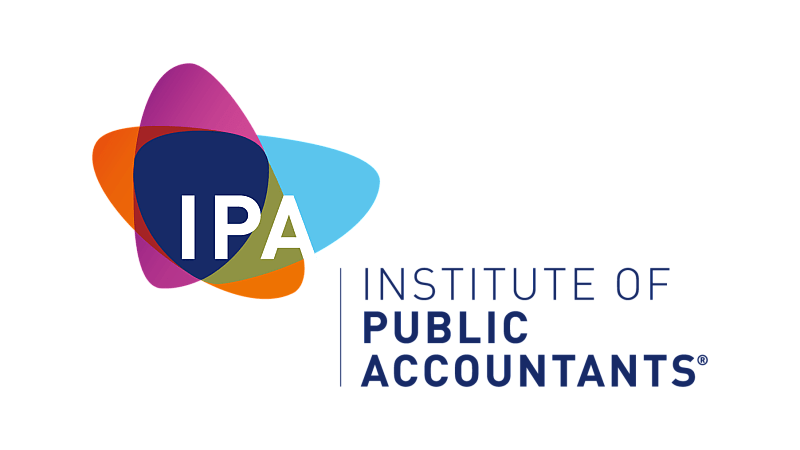The IPA is renewing its call for the government to reconsider the current draft of the proposed Division 296 tax.
As rumours continue that the government is now rethinking the design of the legislation it failed to pass through the Senate before the May federal election, the Institute of Public Accountants has urged the government to reconsider problematic areas with the proposed tax.
On 5 September, it was reported that anonymous sources revealed the government had paused its plans to introduce the $3 million super tax in its current form and that while no decisions had been made, internal discussions had been held in recent weeks as the Prime Minister’s office takes an increased interest in the policy.
You’re out of free articles for this month
Peter Burgess, chief executive of the SMSF Association, said it was no secret there is opposition to this tax within the Labor Party ranks, but it remains to be seen whether this will be enough to convince the Treasurer not to proceed.
The IPA said while it supports sensible reforms to make the superannuation concessions more equitable, it believes the current proposal will create inequitable outcomes and practical compliance challenges for affected taxpayers.
As has been highlighted by numerous industry bodies and associations, the IPA’s primary objections to the proposed tax centre on four key areas:
The inclusion of unrealised capital gains in the calculation of earnings.
The lack of a refund mechanism for negative earnings.
The absence of indexation for the $3 million threshold.
The lack of optionality for funds to use established tax principles to calculate earnings on a member-by-member basis.
Letty Chen, tax and super adviser at the IPA, said that the proposed methodology represents a significant departure from accepted tax orthodoxy and principle.
“A fundamental tenet of Australian tax law is that income and gains should only be taxed once they’ve been earned or realised,” Chen said.
“This measure would tax unrealised gains, which will create serious cashflow issues for taxpayers, especially for small business owners and farmers who hold illiquid assets like real property in their self-managed super funds.”
Chen continued that forcing the sale of these assets to pay tax liabilities could be disruptive and may happen at a time of depressed market values.
“There’s a strong possibility a member could be cumulatively taxed on investments that ultimately make an overall loss, with no real recourse to recover any tax previously paid.”
The IPA is calling on the government to reconsider these elements, urging it to limit the tax to realised earnings and capital gains; implement transitional rules that allow affected taxpayers to restructure their affairs without penalty; and index the $3 million threshold annually to account for inflation and ensure the system remains fair and equitable over time.
“For someone in their 20s or 30s today, $3 million when they near retirement might be equal to a fraction of that amount in today’s money due to inflation,” Chen added.
“The threshold must be indexed. Superannuation is designed for long-term saving, and policy should reflect long-term impacts and provide certainty.
“Ultimately, reform of superannuation tax concessions must be considered holistically. Piecemeal measures such as the Division 296 tax introduce other inequities and greater complexity. Poorly considered changes will undermine confidence in superannuation.”

